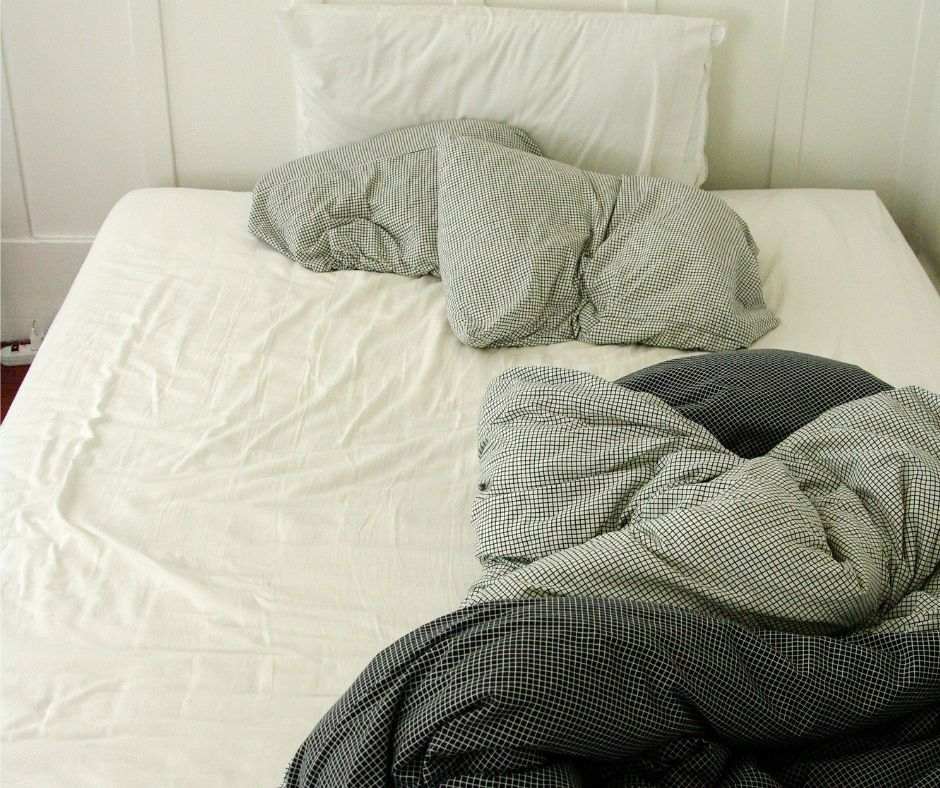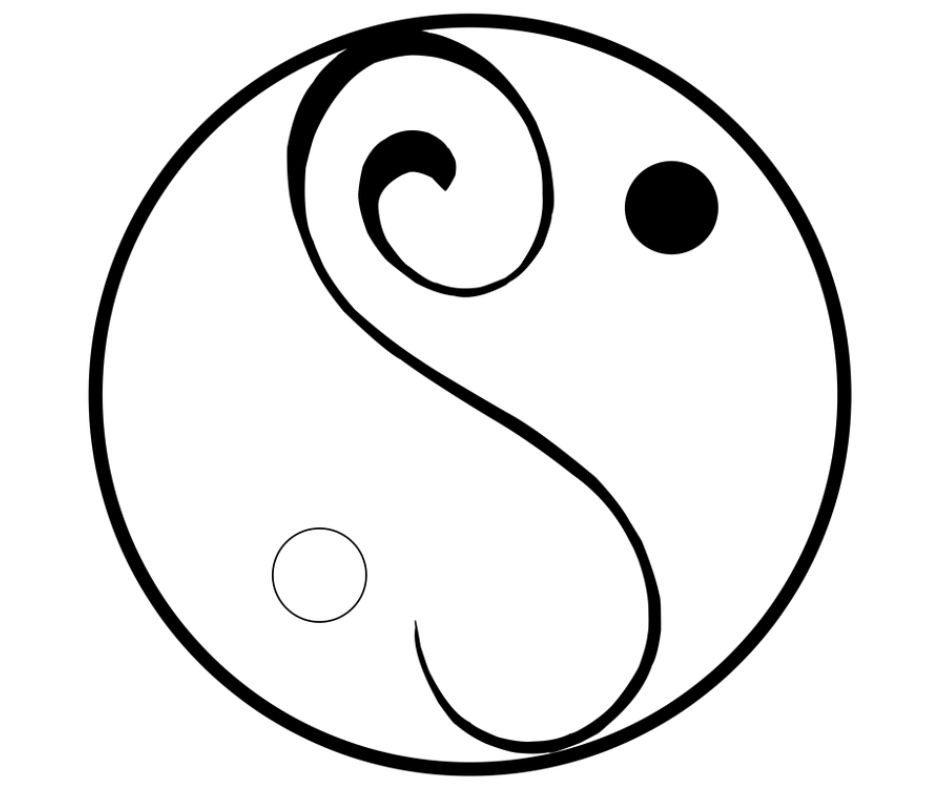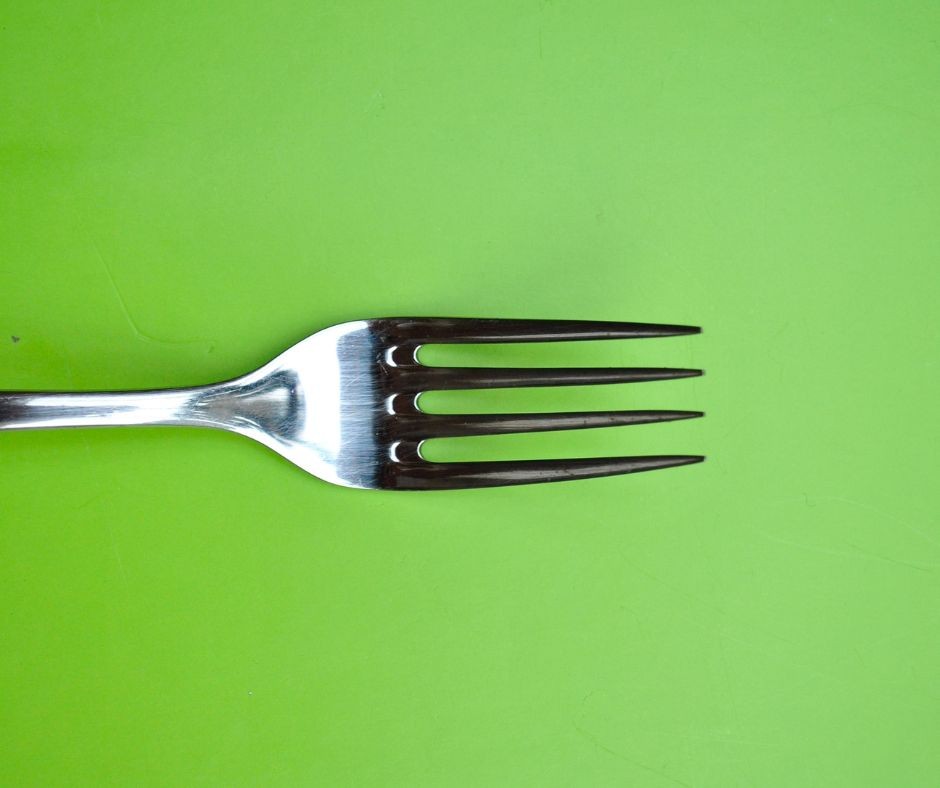A restless sleep can be an incredibly stressful experience. Sometimes, no matter how much you want to doze off, your body and mind just don’t seem to cooperate.
You probably know by now that sleep is an important part of overall health. The effects of losing sleep can show up in your mood, your ability to concentrate, and a lowered immune system. This can be especially troublesome if the insomnia becomes frequent or chronic.
From an eastern energetic understanding, sleep troubles can be due to a variety of factors. Holistic systems such as Chinese Medicine aim to identify the deeper imbalance causing the insomnia. These causes can range from underlying deficiencies, excess conditions, or even a disturbance of the spirit. To learn more about how Chinese Medicine can help with your sleep book a consult here.
The good news is that getting a handle on your sleep is completely within your control. Below you’ll find tips to help you get a good nights sleep. You’ll also want to check out this video on herbs for sleep for more information.
Tips for Insomnia:
Avoid Classic Triggers
You may already know that certain foods and behaviours contribute to your insomnia. But especially if you’re not sure what causes your sleepless nights, I suggest using the recommendations below for a time. I can almost guarantee you’ll see a change in your sleep and your next day energy levels.
Reduce the stimulants and caffeine you’re consuming. Especially in the afternoon, avoid caffeine. This includes coffee, black and green tea, and chocolate. Some people also find alcohol, cheese, sugar, and spicy foods have a similar effect.
Turn off your devices and limit screen time before bed. Research shows that the blue light our screens emit impacts the brain, and the hormone melatonin, which is responsible for healthy sleep patterns.
Don’t eat before bed. Make your last meal of the day dinner. You may also want to avoid the following foods close to bedtime (they contain tyramine which increases brain stimulation): eggplant, potato, tomato, spinach, sauerkraut, bacon, and ham.
Make it Cool and Dark
Make sure your bedroom is dark and the temperature is not too warm. Use blackout curtains and eliminate any extra lights in your room. Humans generally sleep best when the temperature is cooler, so turn down the thermostat at night to get a deeper sleep.
Herbal Medicine, Supplements, and Essential Oils:
Use chamomile, jasmine, rose, lavender, and lemon balm essential oils. These oils have a calming and sedative effect. Place a few drops on your hands (rub together and breath in for a few minutes), use a diffuser, mix a few drops in some water and spray it on your pillow case, or put 5-10 drops in a warm epsom salt bath and soak before bed. Learn more about aromatherapy here.
Herbal medicines like chamomile, skullcap, passionflower, and reishi help to calm the spirit and mind. Learn more about herbs for sleep here. You could also occasionally try valerian root. Take it before bed, but don’t use it if you’re pregnant or taking antidepressants or sedatives. You’ll also want to consult a health care practitioner if taking it more than occasionally.
You may also want to supplement with calcium (800mg if you’re not avoiding due to heart disease) and magnesium glycinate (400mg). Take these after mealtime and before bed. B-complex can also help with calming the body and reducing the effects of stress on sleep patterns.
Choose Foods to Support Sleep
Grounding food can help you move out of your head and into your body. Eat lightly cooked root vegetables, oats, brown rice and whole wheat. Foods high in tryptophan like turkey, tuna, dates, and figs, can also promote sleep
Acupuncture:
Many of my patients have found acupuncture to be incredibly helpful when addressing sleeping disorders. During the intake process your acupuncturist will determine what pattern of disharmony is causing the sleep troubles and base their acupuncture point choices on this diagnosis. In addition, acupuncture helps to harmonize the body overall and encourages a calm and peaceful mind.
Daily Rituals:
Make your bed and bedroom a sacred space. Make sure you have comfortable bedding, and try to only use your bed for sleep (and sex).
As much as possible, treat the time before sleep as special. Create rituals that encourage slowing down. You could practice a short meditation or do a yoga nidra practice before falling asleep. Find some meditations here and a yoga nidra practice here.
Get daily moderate exercise. This will help to release excess physical energy and support overall mental health. If possible avoid exercise before bed, and instead exercise in the morning or during the day.
Yoga Postures and Practices for Sleep:
There are many restorative yoga postures and slow yoga practices that can help with calming the body and mind and preparing for sleep.
You could try “legs up the wall” (viparita karani) before bed. Lay on your back with your hips against a wall and swing your legs up so they’re gently resting. Breath slowly and deeply. This posture calms the nervous system and prepares the body for sleep.
Or try this yin yoga class on the wall or this supported bound angle pose. If you’re experiencing anxiety or repetitive thoughts, try these breathing techniques for anxiety.








